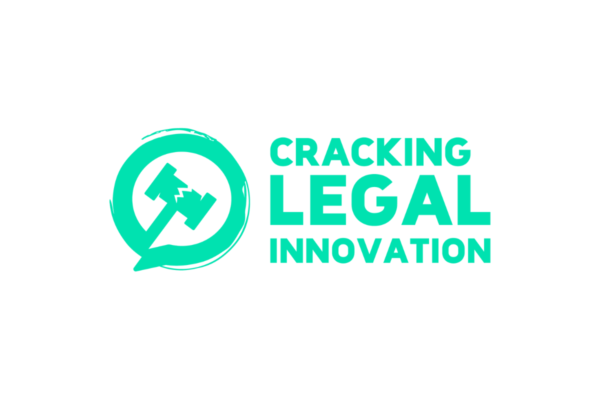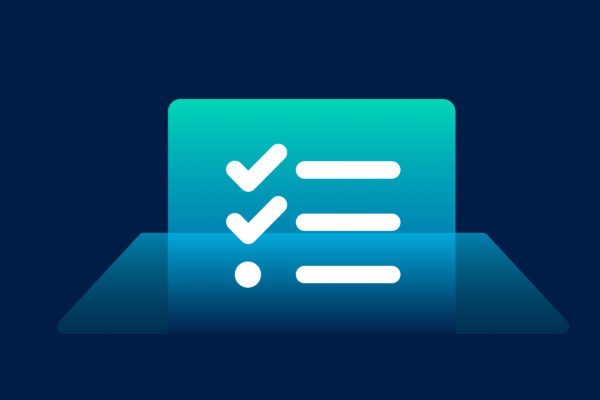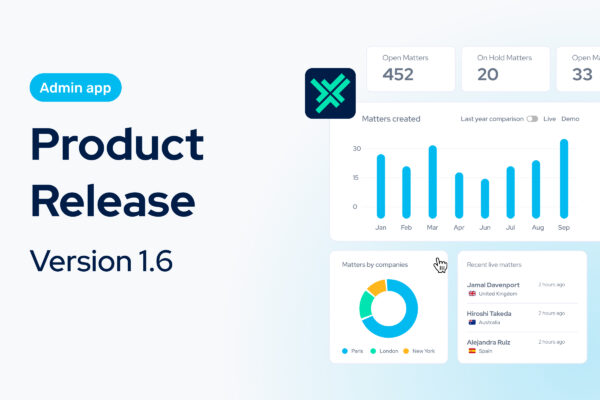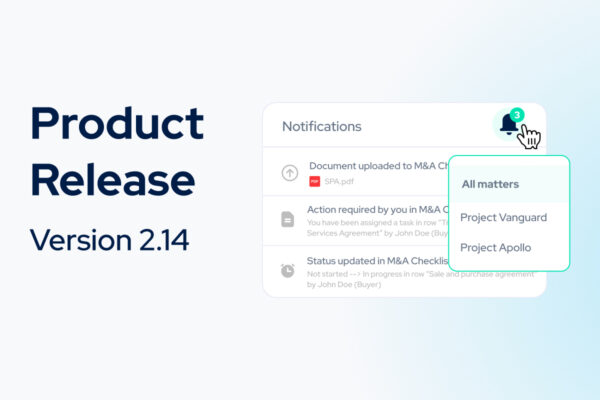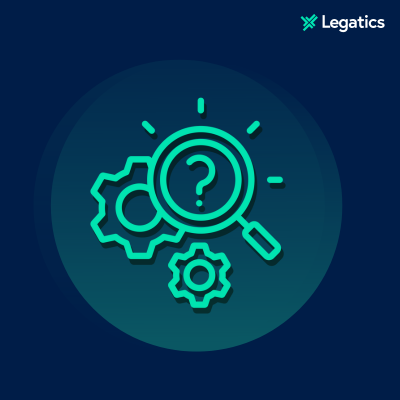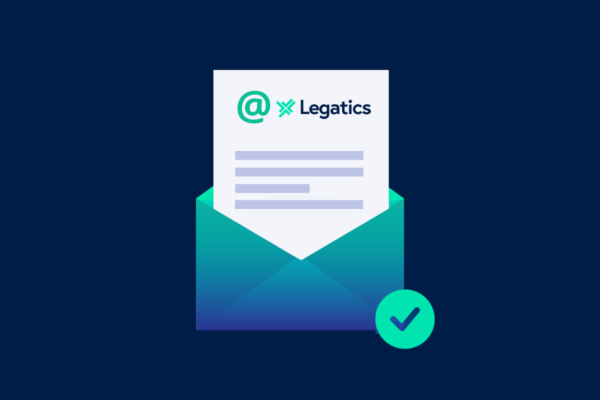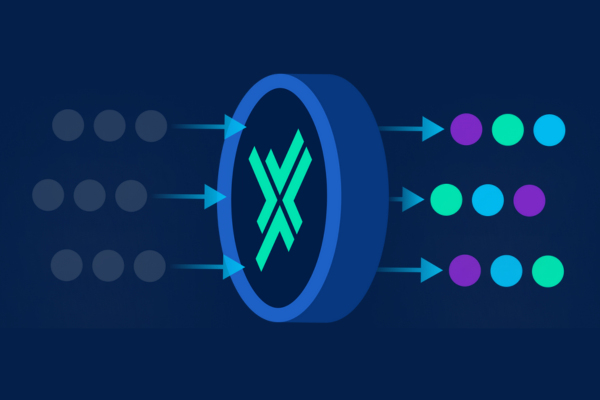We discuss the role of AI in legal transaction management, and the Legatics’ approach to AI
With ChatGPT billed as the “fastest-growing consumer application in history” (Reuters), the potential of artificial intelligence (AI) to boost efficiencies in the legal sector is coming under ever closer scrutiny. Indeed, many legal technology companies have introduced tools that incorporate generative AI – for drafting and reviewing contracts, for example.
And, with an increasing number of specialist tools for the legal sector in development, it seems only a matter of time before this technology becomes mainstream. In this article, we discuss the impact of AI in legal transaction management and how this might change the way in which lawyers work.
What is the role of AI in legal transaction management?
While most of us are aware of the uses of AI in a broad sense, there are various ways in which it has the potential to generate significant time and efficiency savings in the legal sector. These include:
- Legal research and data analysis: Tools incorporating AI can process and analyze enormous amounts of legal data, including cases, statutes, and regulations. This can significantly speed up the research process.
- Contract drafting and management: AI can help with drafting and reviewing contracts. For example, AI-powered contract drafting tools can automatically replace specific terms with the desired equivalents and can suggest contract amendments. AI tools can also assess risk within contracts and highlight issues with a contract’s wording.
- Reviewing documents and due diligence: AI algorithms can analyze and review a range of content such as discovery documents, legal agreements, and contracts. In doing so, AI can highlight potential issues and locate relevant information. This can vastly accelerate the document review process compared to carrying it out manually.
- E-discovery: AI tools can support the e-discovery process by analyzing electronic data to help locate relevant information and identify anomalies or patterns.
- Legal analytics: AI can help law firms analyze their performance, optimize resources, and identify areas for improvement. It can also help legal professionals gain valuable insights from data and make better-informed, data-backed decisions.
- Legal help and chatbots: Chatbots can provide basic legal advice and answers to common legal questions.
- Workflow automation: AI can automate mundane, repetitive tasks, such as legal document creation and invoicing. This gives lawyers more time to focus on revenue-generating, strategic work.
The Legatics’ approach to AI
At Legatics, we’re always seeking ways to use AI and machine learning (ML) to help our users by automating repetitive or lower-value tasks. An example of this can be found in our import tool. This feature allows you to transform legal text into a perfectly formatted list in a matter of minutes. This saves valuable time spent manually converting text such as conditions precedent into a Word document.
By integrating AI ‘microservices’ such as this into the Legatics platform, we believe we can achieve the best of both worlds by leveraging the available technology while keeping overall control in the hands of the lawyer.
Adoption of AI by the legal sector
Many lawyers have experience using AI in specific areas, e.g., e-discovery, contract management, or due diligence. These have proven popular areas for AI due to the vast amount of data lawyers are required to work through. Automating administrative tasks is another area where AI can easily free up a lawyer’s time for more complex work and is an area where we see great future potential.
As with the adoption of email as a business tool in the early 2000s, generative AI and data analytics are being widely used and accepted by the business world and society as a whole. This will ultimately put pressure on the legal sector to make use of this technology and ‘work smarter’ in terms of time and money.
For a more in-depth discussion of Legatics’ approach to AI, download our ‘Building AI for rapid law firm adoption’ eBook. Or to find out how Legatics can help your firm manage your legal transactions more efficiently, book a product demo.


